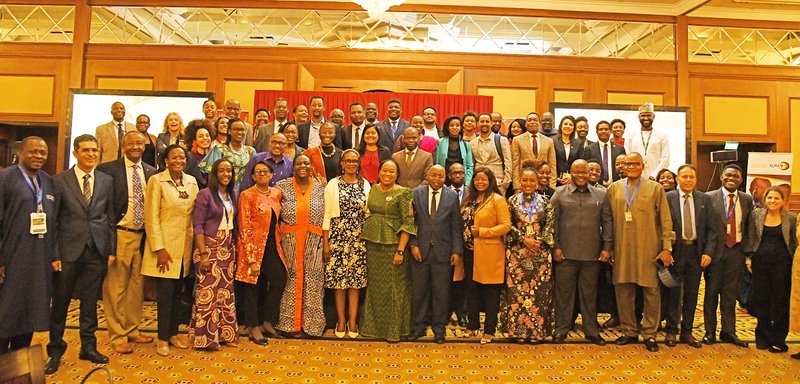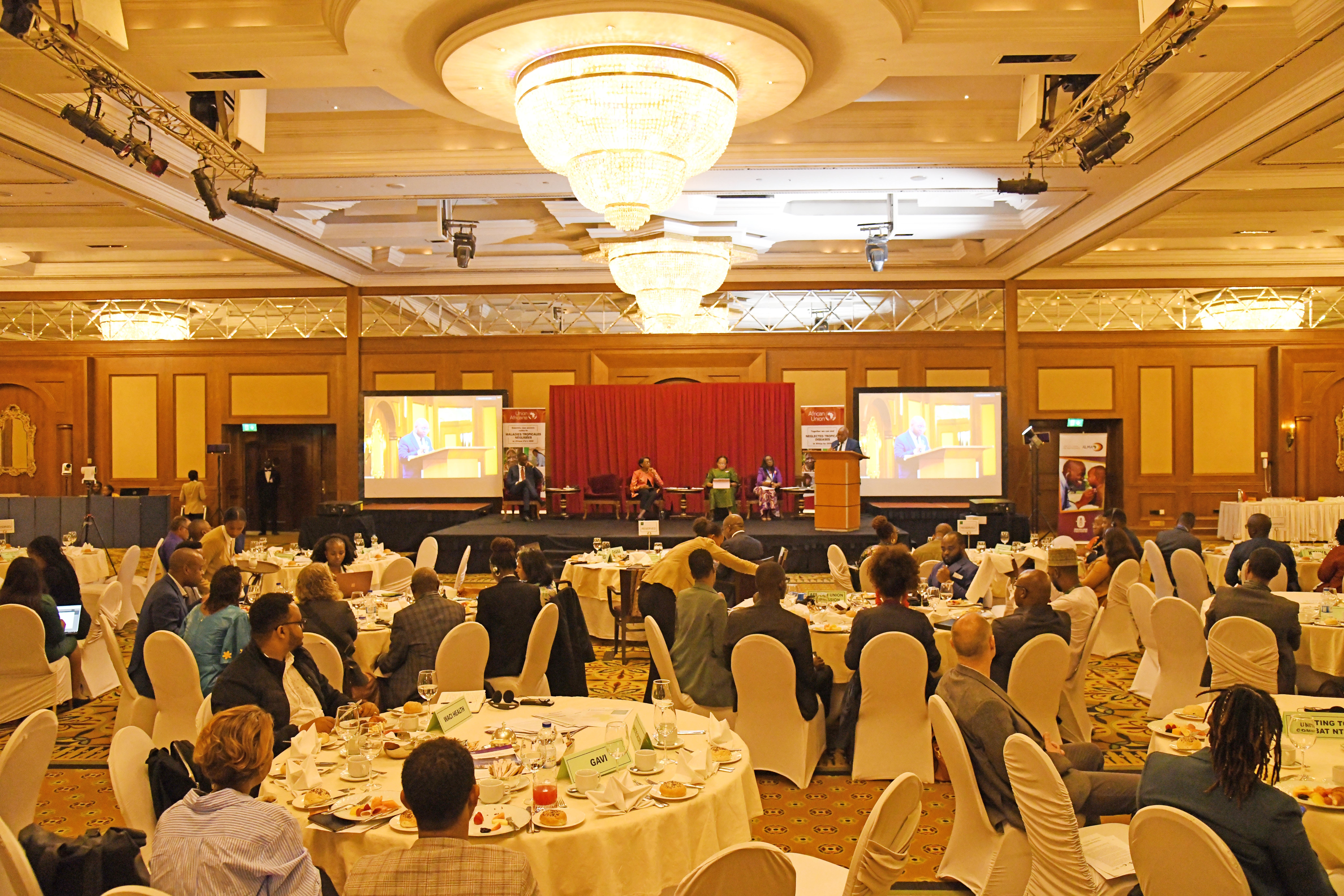
photo by William Dekker/ ALMA
Amidst the glimmering lights of Addis Ababa, a stark reality casts its shadow: neglected tropical diseases (NTDs) continue to afflict millions across the African continent, particularly in marginalized rural communities. Together, leaders called for bold action to combat NTDs in Africa and advance elimination efforts through the Addis Ababa Call-to-Action.
In the spotlight: The NTD crisis
NTDs pose a significant threat to public health across Africa, particularly in rural communities with limited access to healthcare services and sanitation. With over 1.65 billion individuals globally at risk of one or more NTDs (with the burden in Africa accounting for more than 35%) the impact on human health, education, and economic productivity is profound. Despite notable successes in NTD control and elimination efforts, challenges persist, including the recent reduction in funding from external sources and the risk of re-emergence in countries that have achieved elimination.
Addressing NTDs is not only a health imperative but also essential for achieving broader development goals, including poverty reduction and sustainable economic growth. The African Union has demonstrated political commitment to NTD elimination. However, sustained progress requires increased domestic funding and integration of NTD programming into national health agendas.
To tackle this, a high-level side event was convened at the 37th Ordinary Session of the Assembly of the African Union held in Addis Ababa, Ethiopia to discuss the imperative of financially resourcing efforts to eliminate NTDs. Titled "Promoting Sustainability through Resource Mobilisation: Financially Resourcing an Africa Free of NTDs by Endemic Country Governments," the event brought together stakeholders from across the continent to discuss strategies for combating NTDs and ensuring sustained progress towards their elimination.

photo by William Dekker/ ALMA